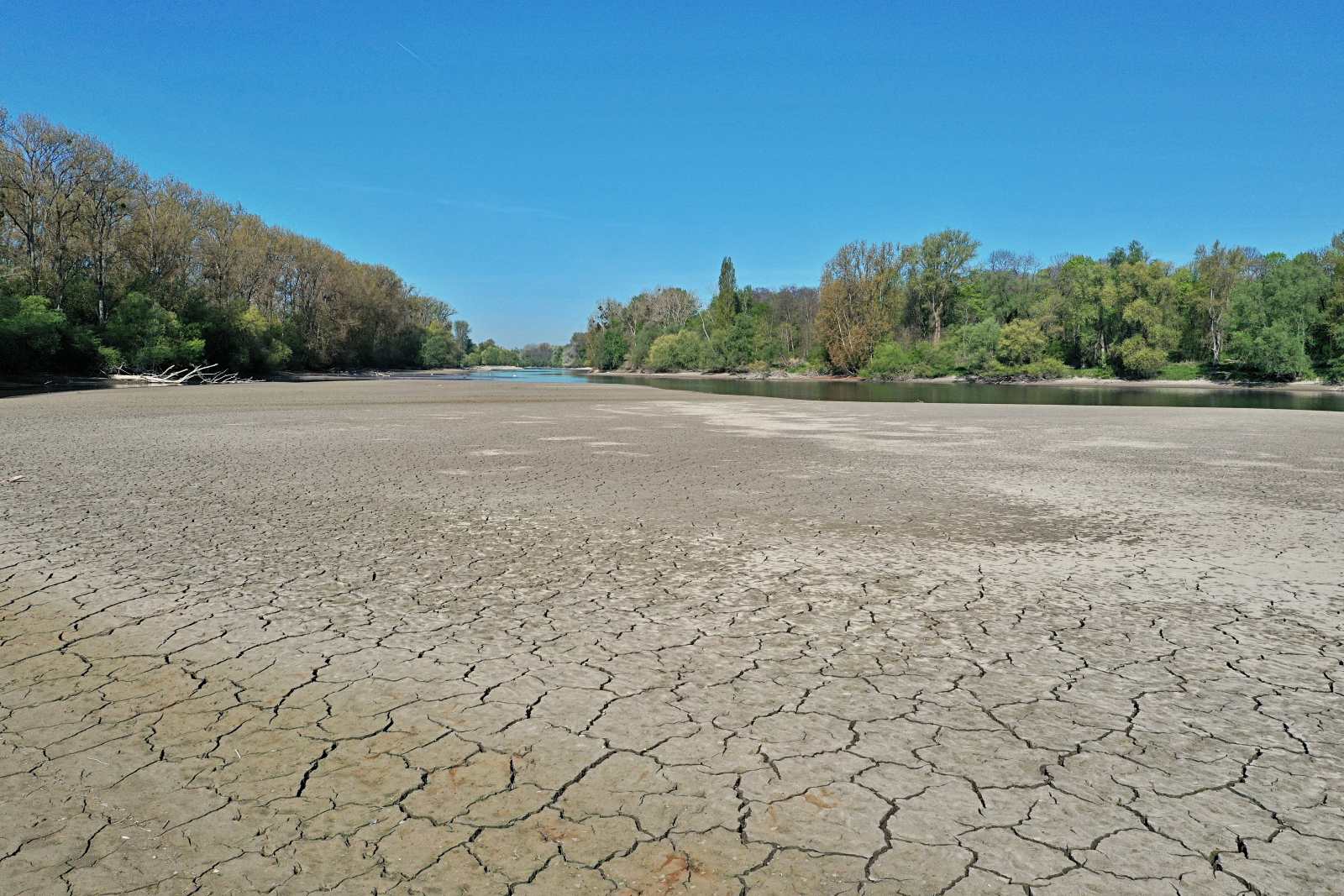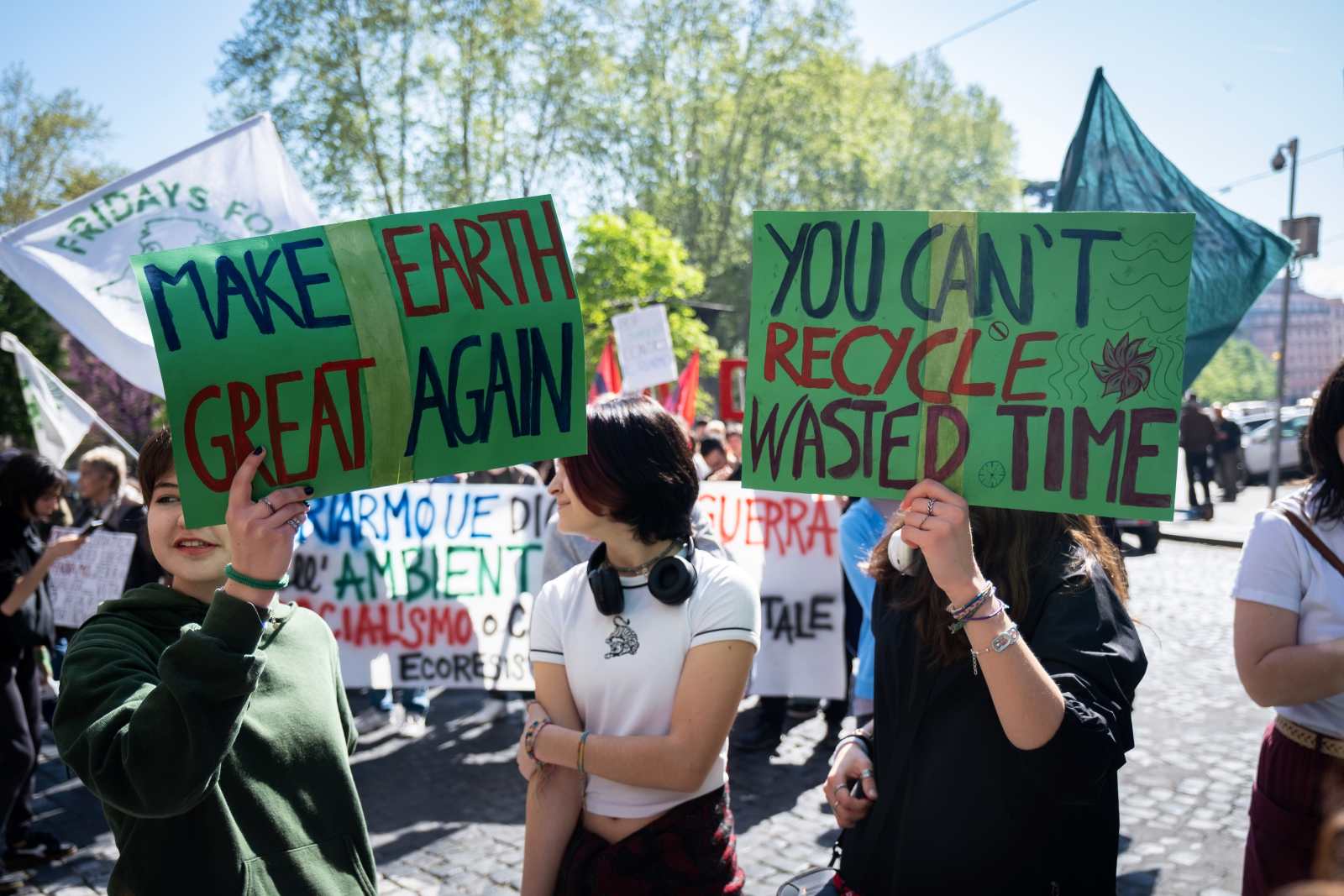Climate conference
The billion-dollar gap

Ten years after the Paris Agreement, the mood among climate activists is gloomy. In Baku last year, signatory states agreed on the ambitious goal of making $ 1.3 trillion available for climate change mitigation and adaptation in developing countries each year, from 2035. The plan is for industrialised countries to stump up $ 300 billion of this total. It’s unclear where this money is supposed to come from, however – not least because the US has announced yet again that it will be withdrawing from the Paris Agreement in January 2026. Even the previous target of providing $ 100 billion per year by 2020 had been postponed multiple times. Virtually no one therefore expects the tide to suddenly turn in climate funding now.
As long as the financing issue remains unresolved, many countries will be unable to fully implement their national climate targets. In their Nationally Determined Contributions (NDCs), the signatory states regularly set out their climate protection targets and communicate the measures they intend to take to achieve them. The deadline for this year’s NDCs was 10 February 2025. As of 30 September, only 64 of the 194 signatory states had submitted their NDCs.
New rules for carbon emissions trading
Following some tough internal negotiations, the EU published its NDCs on 5 November 2025 – five days ahead of the UN Climate Conference. European Parliament and Greens parliamentary group member Michael Bloss is critical: at a press conference staged by the Heinrich Böll Foundation, he described the new rules for carbon emissions trading as the “latter-day selling of indulgences” and a “sham”. From 2031, up to five percent of European emissions reductions can come via international carbon credits – a system the MEP claims has proven susceptible to corruption and fraud in the past.
Financial considerations are also behind the debate on carbon emissions trading: Europe is keen to find inexpensive ways of reaching its climate targets. Bloss fears that Europe will lose its credibility and by extension its leading role in international climate policy.
Changes in the international system
China could then step into the breach. Regine Schönenberg, who works for the Heinrich Böll Foundation in Rio de Janeiro, says that the image China has in countries of the Global South is good. she adds that as the US increasingly backs out of the multilateral system to combat climate change, some observers are already talking of a “multilateralism of the Global South” – with China at its helm.
Even this would hardly resolve the funding issue, however. China insists on its status as an “emerging market” and refuses to make any binding financial pledges. In this respect it’s very much akin to other upcoming nations whose economic development in large parts continues to rely heavily on fossil fuels. They are not the only ones to highlight the Global North’s historical responsibility: Henrique Froda from the Brazilian NGO alliance ABONG talks of the principle of “common but differentiated responsibilities”: since European and North American states historically generated the lion’s share of global carbon emissions, they still have a particular financial responsibility despite their contribution now being smaller.
However, this argument leads to stalemate in practice, Froda goes on. After all, Europeans no longer have the deep pockets they once did. Many states are investing more in defence; some economies are faltering and the “vibe shift” in Western societies is transforming the public debate. The political scope for additional spending threatens to dwindle.
That’s why climate activist Luisa Neubauer stresses that it is not the job of politicians to keep pace with the mood swings of a heated debate. Instead, they should actively organise majorities to push through a programme of climate action that actually makes sense. As Neubauer points out, it is also important to remember just how much has already been achieved. In 2015, the world was heading for a 4-degree scenario. Now, 10 years after the Paris Agreement, the UN has predicted that climate warming will reach 2.8 degrees by the end of the century. That’s a success. Nonetheless, Neubauer sums up the general mood when she says: “COP is not where the climate crisis will be resolved. But it is still the most legitimate forum for joining forces to combat it.”
All quotes in this text are from participants at a press conference organised by the Heinrich Böll Foundation, as well as a joint press conference organised by Climate Alliance Germany, VENRO and the Brazilian NGO alliance ABONG. Both press conferences took place in the run-up to COP30 in early November 2025.
Björn Cremer is an intern with Engagement Global.
bjoern.cremer@engagement-global.de
This story is part of The 89 Percent Project, an initiative of the global journalism collaboration Covering Climate Now.


















